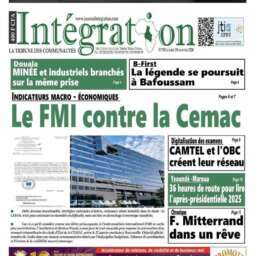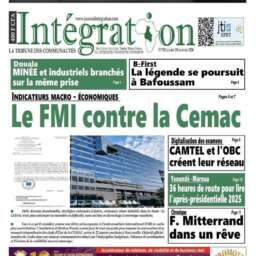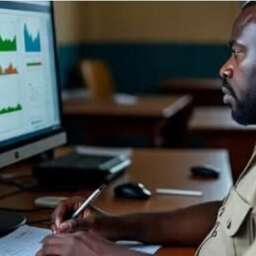(Business in Cameroon) – Cameroonian small and medium-sized enterprises (SMEs) are beginning to build the know-how required to export competitively within the continent, as the African Continental Free Trade Area (AfCFTA) gradually moves from policy to practice. This follows a capacity-building seminar recently organized in Yaounde by the Cameroon Economic Policy Institute (CEPI) under the Henri Kouam Foundation, focused on the theme “Unlocking African Entrepreneurship through the African Trade Observatory (ATO).”
The one-day workshop brought together about 30 entrepreneurs from diverse sectors to learn how to use AfCFTA’s operational tools, particularly the African Trade Observatory, a digital platform that consolidates trade and market data from all member states. According to Henri Kouam, Executive Director of CEPI as reported by the Guardian Post newspaper, few local businesses understand how to navigate the ATO, the E-Tariff Negotiation Portal, or the Pan-African Payment and Settlement System (PAPSS), all critical mechanisms for cross-border trade.
During the session, participants were trained on identifying their products’ Harmonized System (HS) codes, verifying export requirements, and estimating certification and compliance costs for destination markets. The exercise also emphasized the need for product standardization, research investment, and productivity gains in sectors like agribusiness and light manufacturing to meet continental demand.
By introducing SMEs to these market-intelligence tools, CEPI aims to bridge the information gap that often keeps Cameroonian firms confined to domestic markets. The initiative, supported by the Atlas Network and Phoenix Construction, is part of a broader effort to build private-sector competitiveness under the AfCFTA framework.
Cameroon ratified the AfCFTA Agreement in 2019, but the country’s export readiness remains limited. Only a handful of enterprises have begun aligning with AfCFTA protocols, mostly in agro-processing and services, while most SMEs still lack data, certification, and finance to scale across borders.
By Cynthia Ebot Takang



































